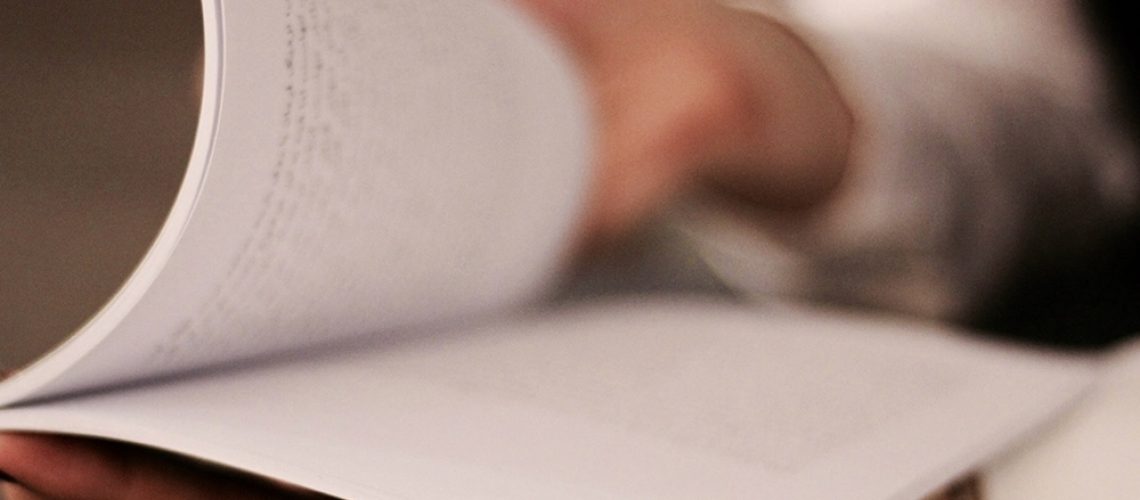Lifetime Holistic Dental’s principal dentist, Dr Chris Darby has been correcting teeth that don’t touch and undergrown jaws for over 30-years. This work is essential as it can fix problems ranging from jaw pain and poor sleep to gappy and overcrowded teeth. Now, a new study has linked dental occlusion with both posture control and balance.
The study, completed at the Department of Physiology at the University of Barcelona (Spain) and the University of Innsbruck (Austria), has shown just how vital jaw alignment is, and that improper alignment is about much more than just correcting a smile or preventing facial pain. A poor dental bite could be holding you back in every aspect of life, especially if you’re an athlete or just enjoy moving well.
The results of the study were published in Motor Control and Neuroscience Letters and ultimately showed that there is a correlation between postural control and an improper bite, and that the correlation is more prevalent in individuals that already suffer fatigue and balance issues.
The results showed that both in static and dynamic equilibrium was improved after malocclusion were corrected and the jaw was positioned in the neutral position. This relationship is not as easy to discern when a subject is standing still, but the correlation can be tied to the relationship between diseases like obesity, and a decrease in the postural control and therefore an increased risk in falls.
The relationship between jaw positioning and balance and posture is also essential in ensuring athletes can prevent injuries such as strains, fractures and sprains that are often a result of unexpected moments of instability through increased fatigue and a subsequent decrease in motor control capacity.
This correlation means that both athletes and the general population could decrease stability and the chance of falling by correcting a dental occlusion.
What Is Postural Control?
Postural control comes about through a variety of both sensory and motor elements that are collected through vestibular, somatosensory and visual information. Science has turned its attention towards the relationship between postural control and the stomatognathic system, which is the group of organs and tissues that allow us to chew, swallow, smile and eat and talk.
Finding the Link
There is a reciprocal influence between the vestibular nucleus and the trigeminal nerve, which controls the masticatory function (chewing) and balance control. The masticatory muscles in the neck also play a part. This influence could go a long way towards explaining the adverse effect of malocclusion on postural control although no conclusive research was gathered.
One of the main problems with research up until this study was that balance was assessed statically and in conditions of total stability, meaning the research couldn’t be applied to the ability to control posture dynamically.
The first of these studies took into account the type of dental occlusion for each subject, as well as orthodontic treatment history. This study showed that poor alignment in teeth could be linked with poorer static balance control.
The second of the studies looked at the type of dental occlusion, as well as physical fatigue and posture control to identify a relationship. The results showed improved balance following malocclusion correction, and that postural control was most significantly improved when the subjects were fatigued as opposed to rested.
“When the subjects were tired their balance was worse under both stable and unstable conditions. Under static conditions, the factor that had the greatest impact on imbalance was fatigue. In contrast, a significant relationship between exhaustion and dental occlusion was observed under conditions of maximum instability”, concluded Julià-Sánchez, main author of the study.
So, What Does All This Show?
A sound dental examination will always involve a thorough review of your jaw and teeth alignment. Proper alignment is essential for your oral and overall health, and now it is also linked to balance and posture.
Good balance and postural control are obviously essential for any athletic activities, but they are also vital in leading a healthy life. As we make our way through the world, we need to make tiny, instant adjustments to changes in terrain and even sudden events like a car speeding through an intersection or a dog running across your path.
As a holistic dentistry, Lifetime Holistic Dental is interested in the way your whole body will respond to treatment, and giving you complete postural and balance control by correcting a malocclusion is the type of treatment we value.
Dr Chris Darby started this practice to deliver these holistic treatments, and research like this is a validation of the ideals that Dr Chris and the entire Lifetime Holistic Dental team hold so dear.


